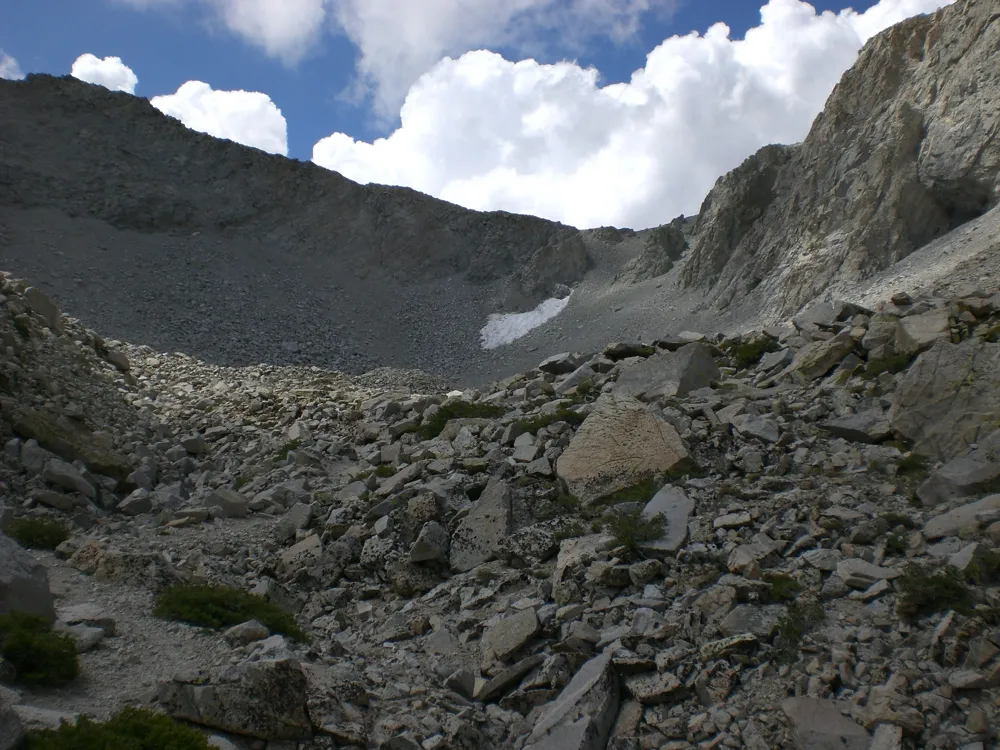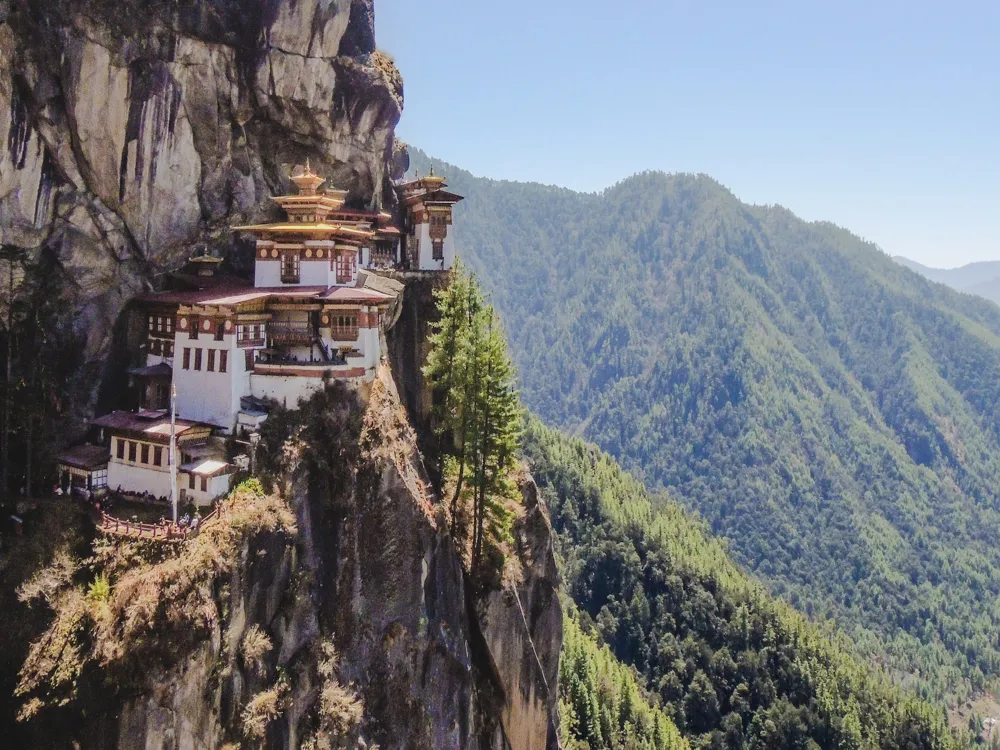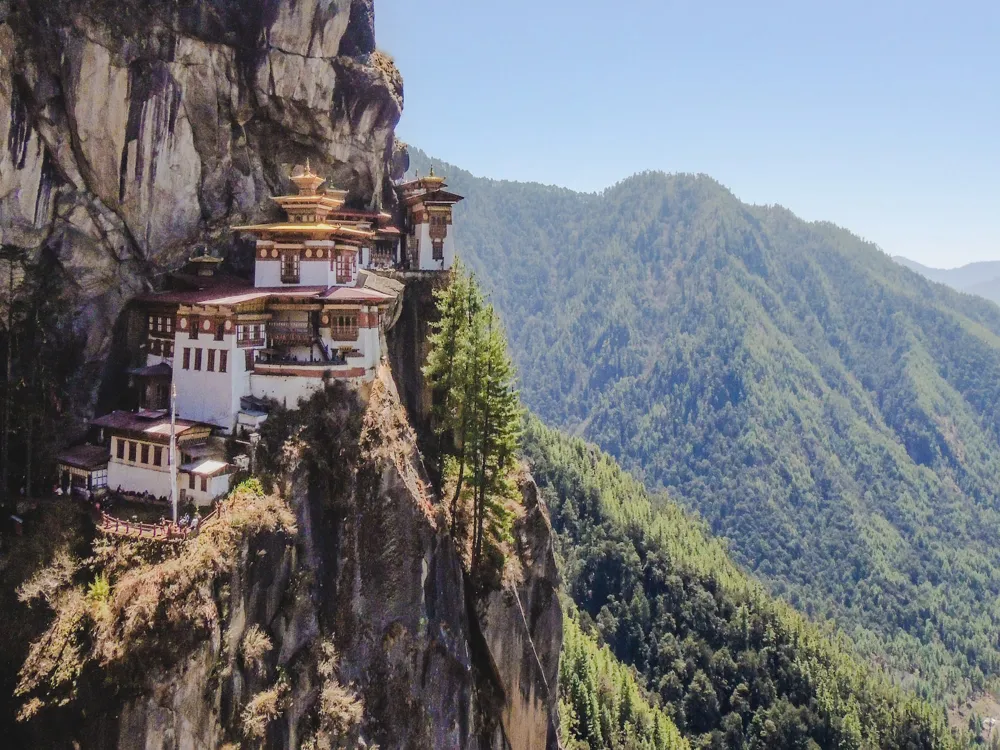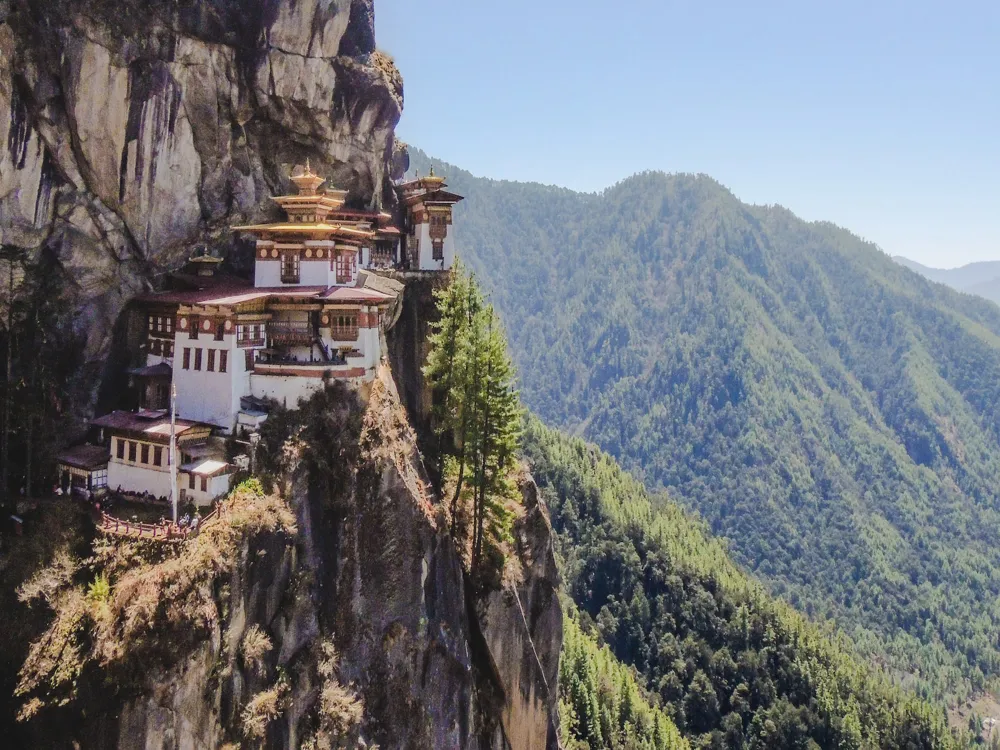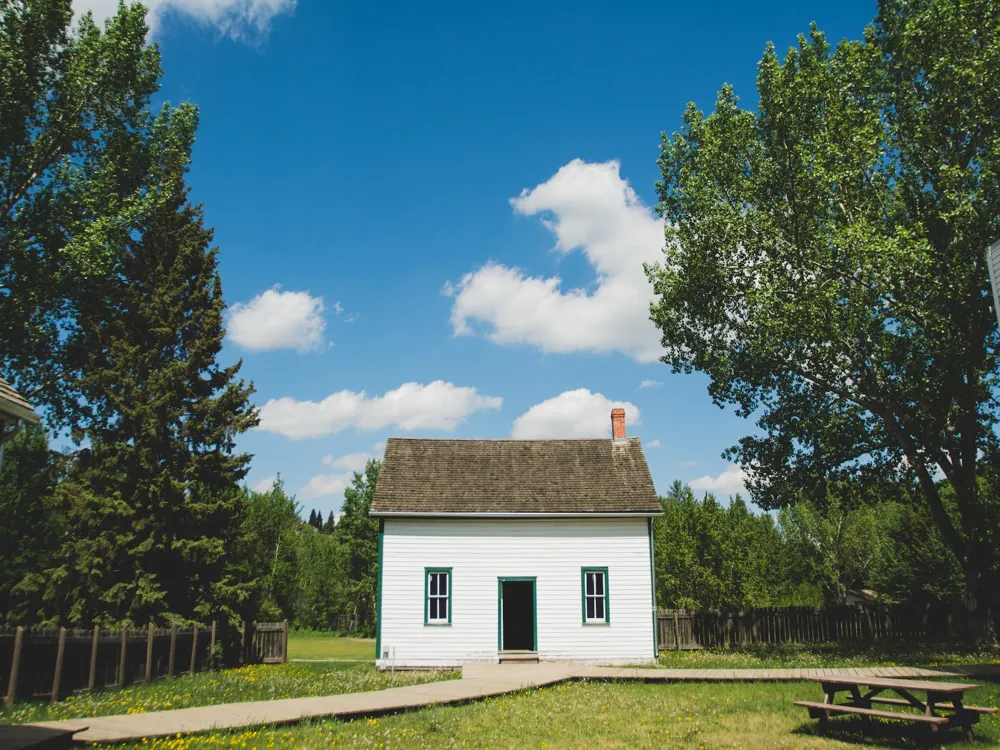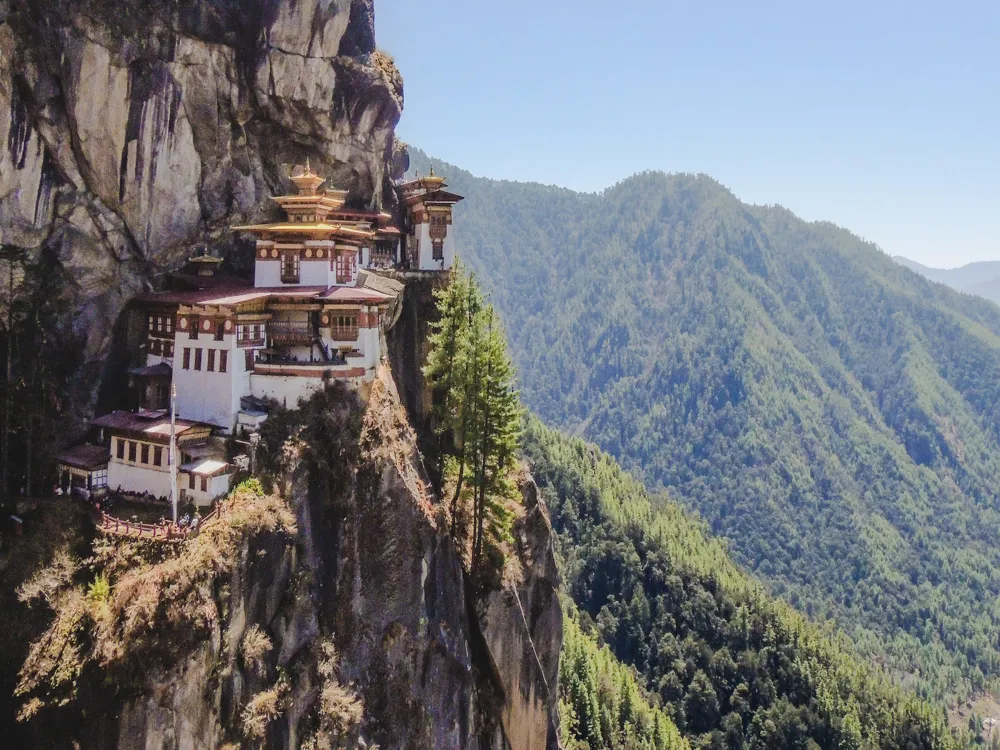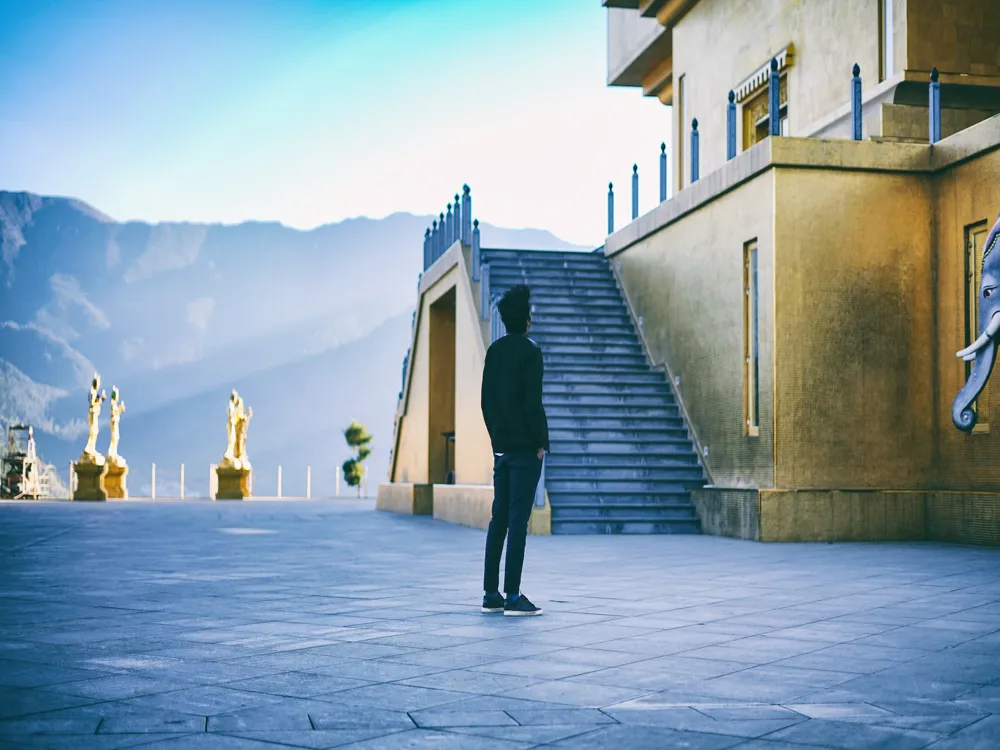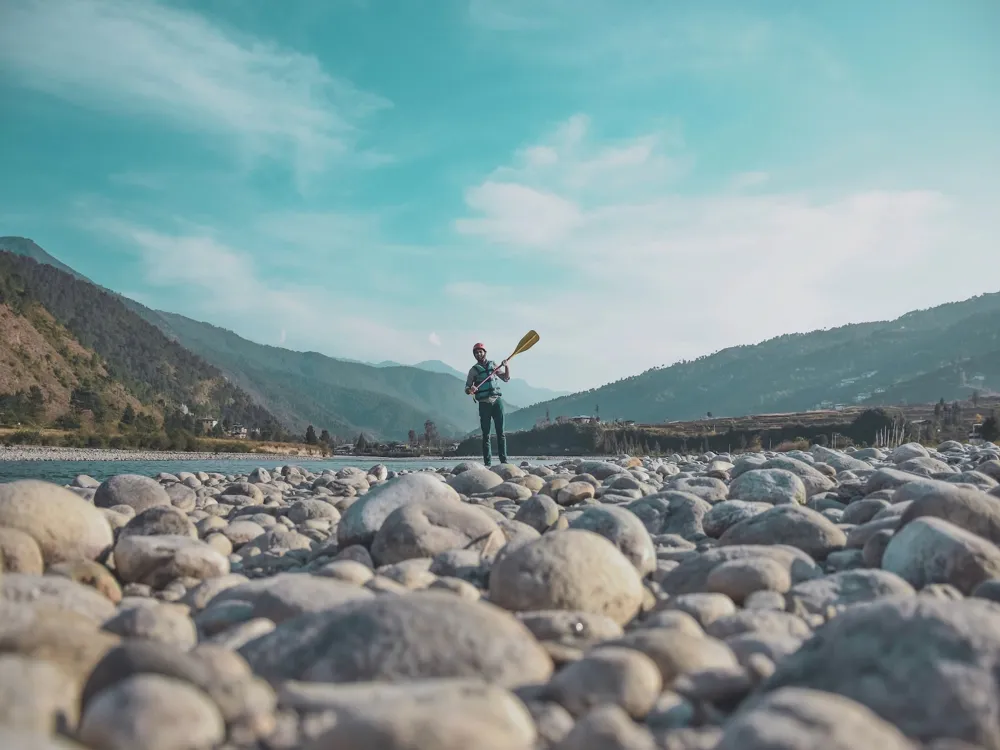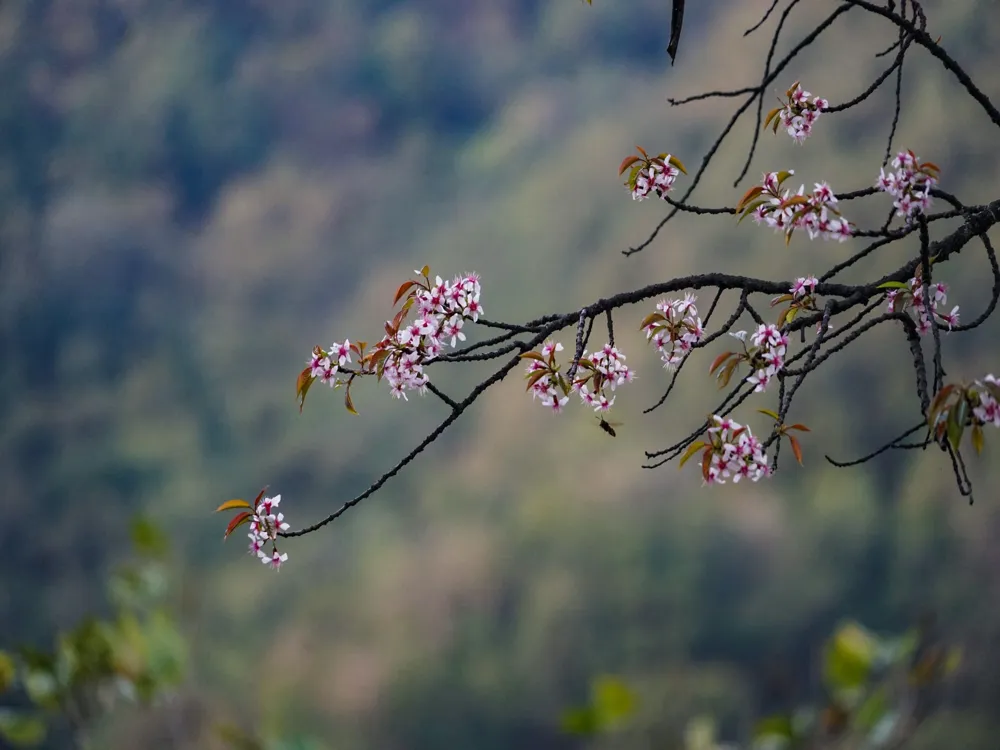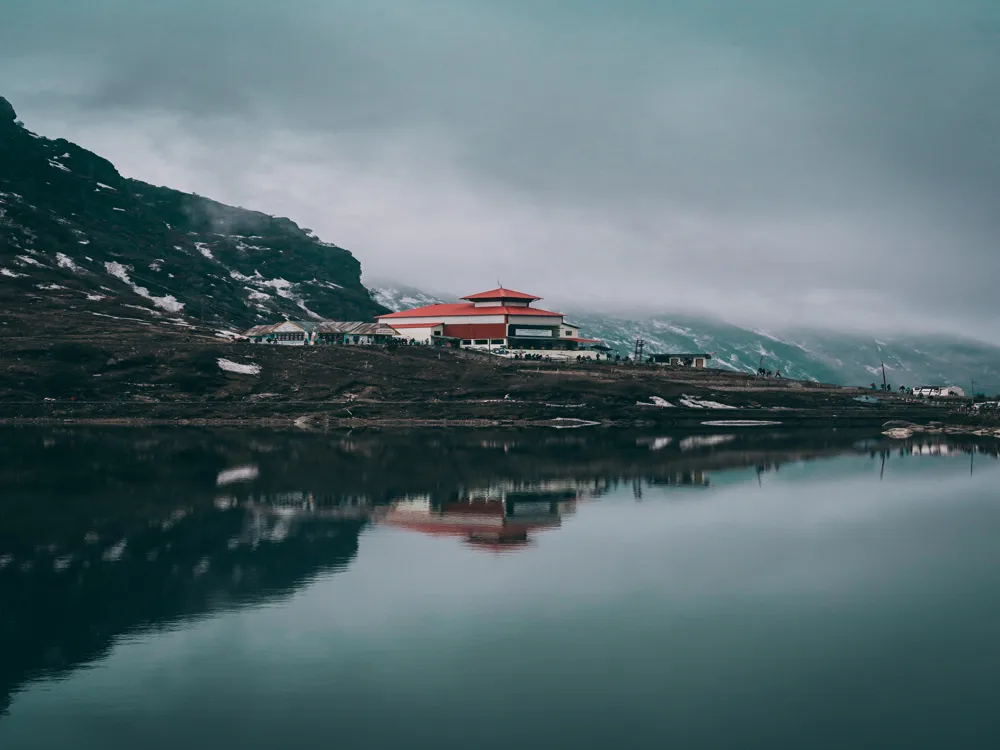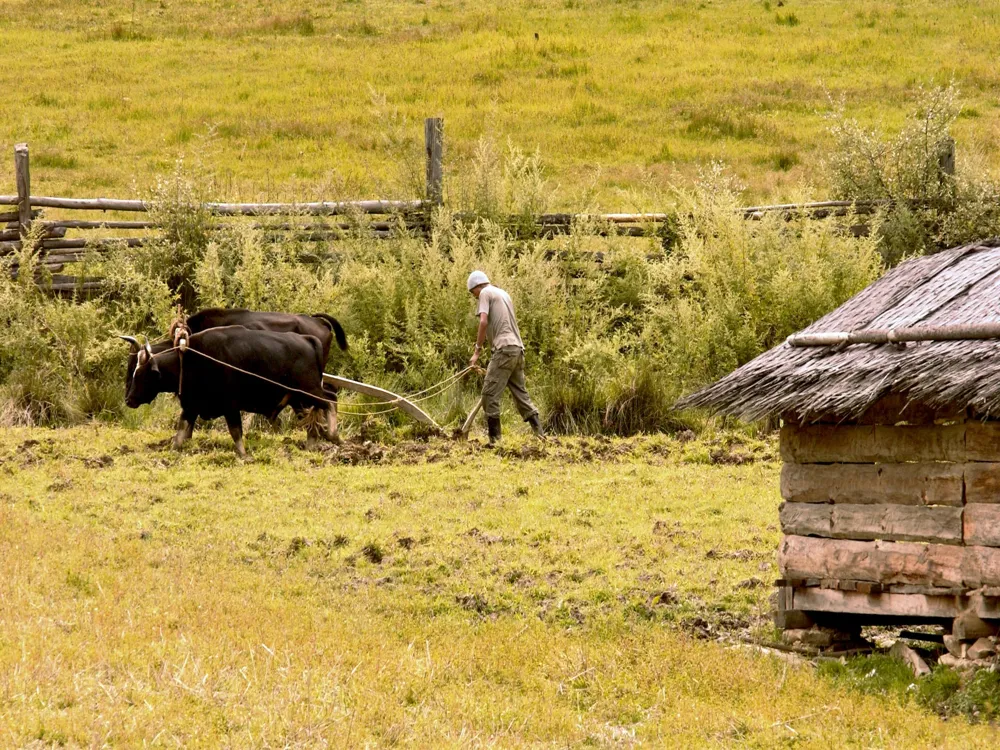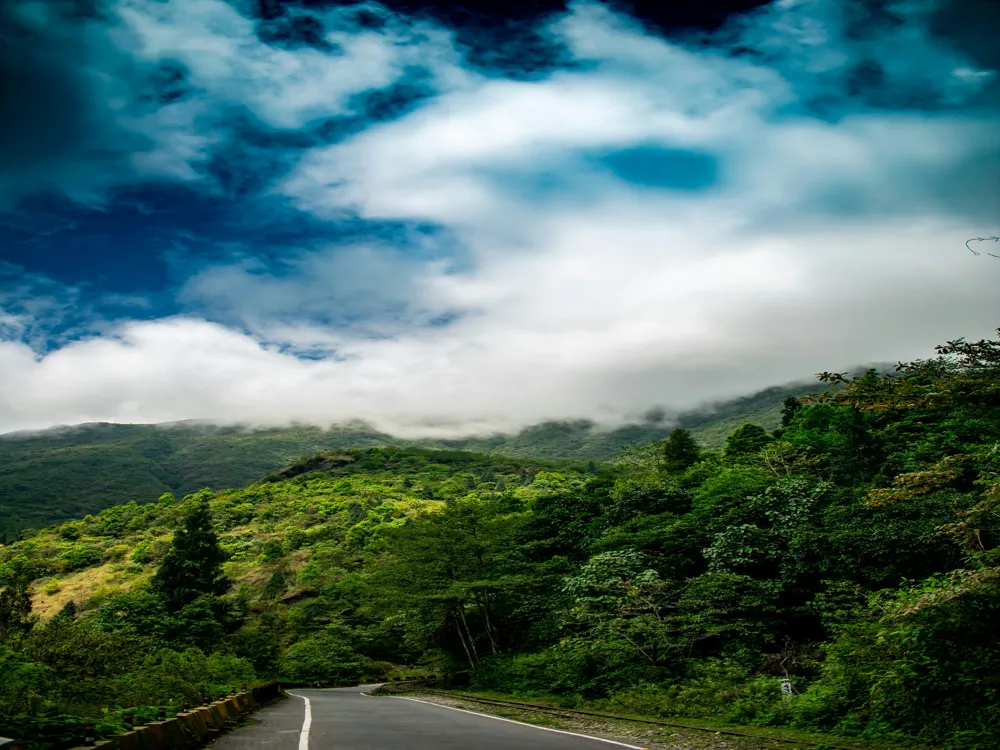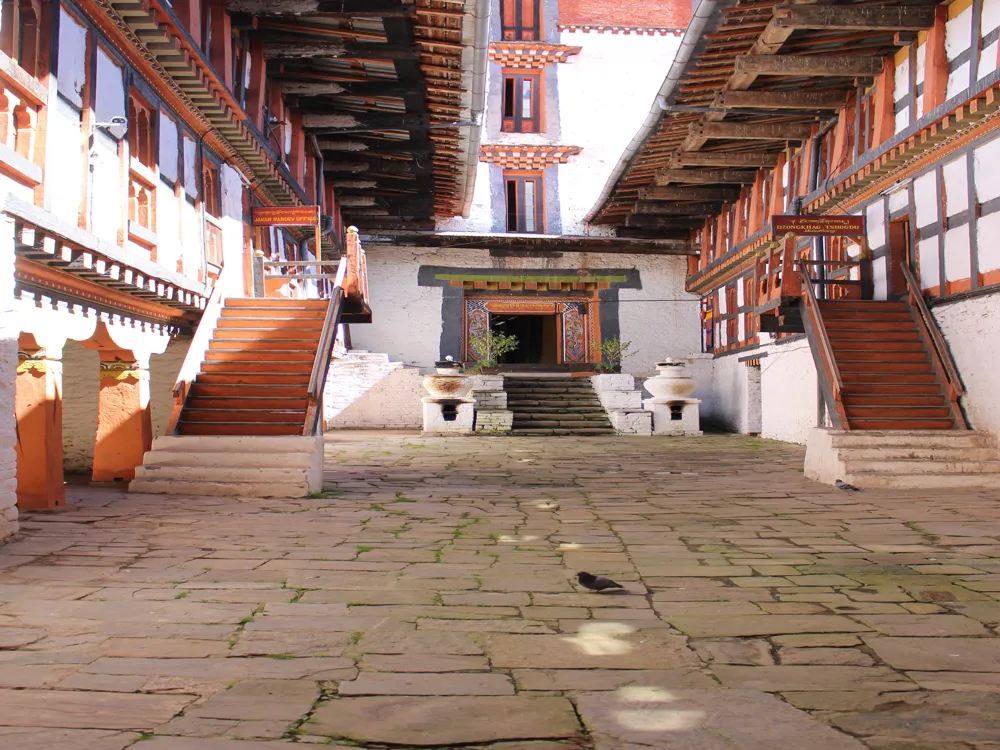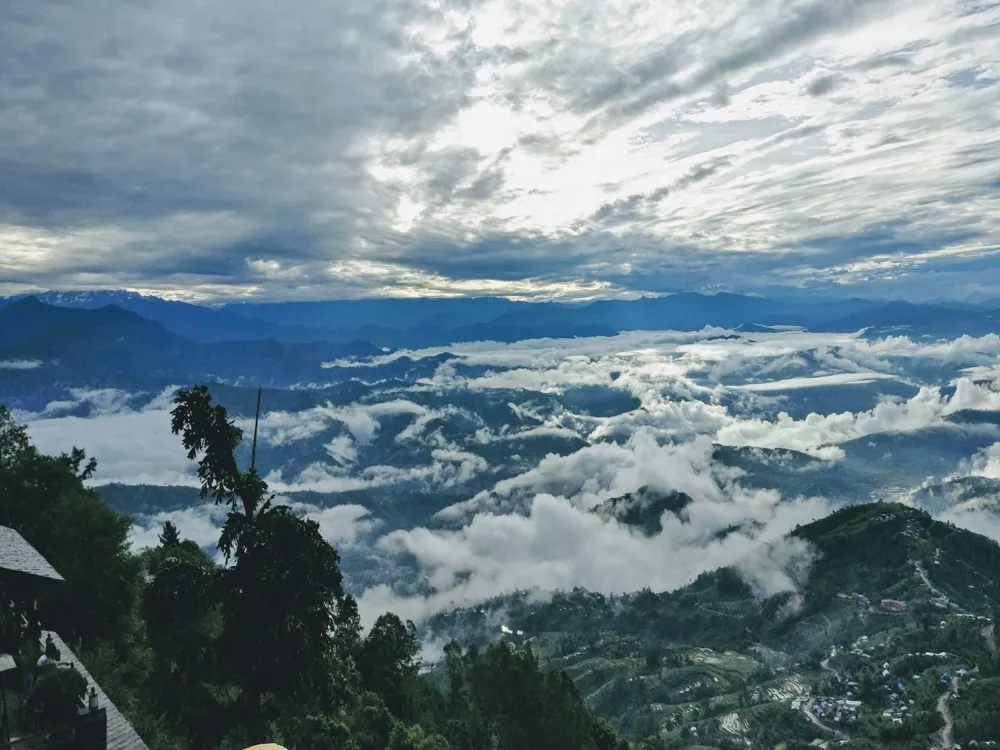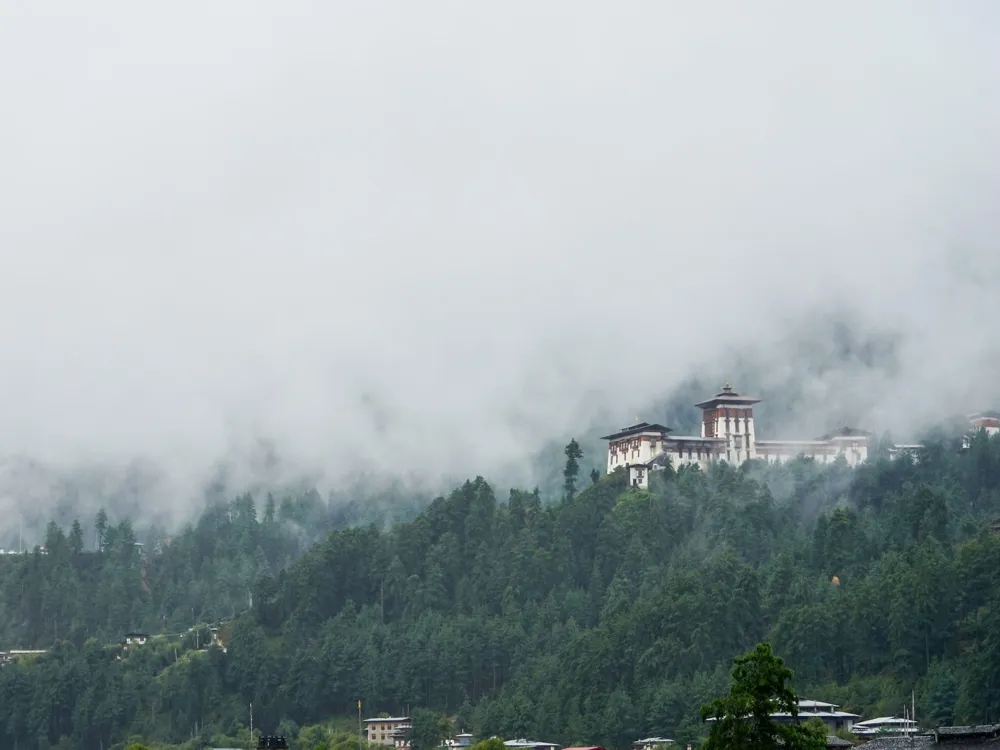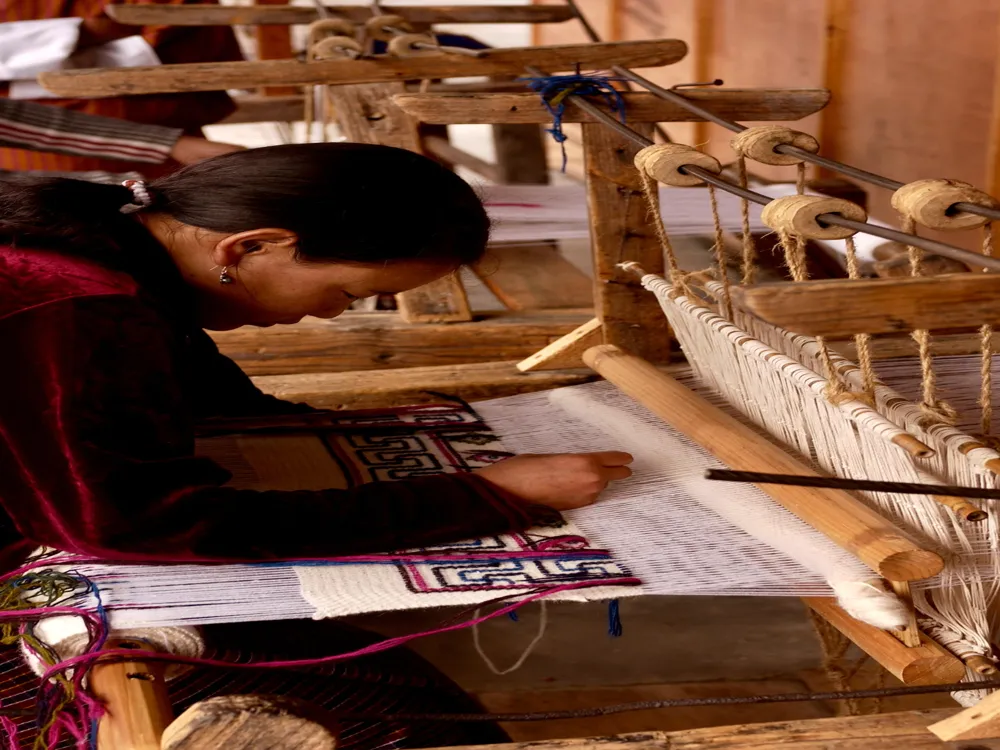The Tiger's Nest Monastery, also known as Paro Taktsang, is one of Bhutan's most revered and iconic landmarks. Perched on the side of a cliff 900 meters above the Paro Valley, this sacred site offers a unique blend of spiritual, cultural, and architectural significance. The monastery, believed to have been founded in the 8th century by Guru Rinpoche, is associated with many myths and legends in Bhutanese folklore. This majestic site, accessible only by foot, promises not just spiritual enlightenment but also breathtaking views of the surrounding landscape. The journey to Tiger's Nest is as mesmerizing as the destination itself. The path winds through lush forests, past sacred caves, and over suspension bridges, with prayer flags fluttering in the wind. The architecture of Paro Taktsang is a marvel in itself, seamlessly integrating into the natural landscape. It comprises a series of white buildings with golden roofs, clinging to the rock face. The interior of the monastery is adorned with exquisite paintings and statues that embody the rich Buddhist culture. Visiting Tiger's Nest Monastery is more than a simple tourist excursion; it's a pilgrimage to a site that symbolizes human perseverance and the pursuit of spiritual elevation. Whether you are seeking spiritual solace, an adventure, or an insight into Bhutanese culture, Tiger's Nest Monastery stands as a beacon of cultural and spiritual significance. The architecture of Tiger's Nest Monastery is a testament to the artistic and spiritual vision of its creators. Built into the cliffside, the monastery defies all conventions of traditional architecture. The buildings are constructed on multiple levels, connected by staircases carved into the rock. The walls of the structures are thick and made of stone and mud, providing insulation against the weather. The windows, strategically placed, offer stunning views and also admit light into the prayer halls. Each building within the complex serves a specific purpose, be it for meditation, housing sacred relics, or for the monks to reside. The courtyards and balconies are adorned with colorful murals and fluttering prayer flags, adding to the spiritual ambiance. The interiors are equally mesmerizing, with intricate paintings depicting various aspects of Buddhist lore, thangkas, and statues of deities and saints. The use of natural materials, combined with the spiritual motifs, creates an environment that is both awe-inspiring and serene. The design of the monastery, while being aesthetically pleasing, also serves practical purposes. The placement of the buildings ensures stability against the rugged terrain and harsh weather conditions. This harmonious blend of functionality, art, and spirituality makes the architecture of Tiger's Nest Monastery a remarkable example of human ingenuity and faith. The best time to visit Tiger's Nest is during spring (March to May) and autumn (September to November). The weather is pleasant, and the skies are clear, offering spectacular views of the monastery and the valley. The hike to Tiger's Nest is physically demanding. It is advisable to be in good physical condition. Engage in some form of exercise or hiking practice weeks before your visit. Wear comfortable hiking shoes and dress in layers, as the weather can change quickly. Carry a light backpack with water, snacks, a hat, sunscreen, and a camera. The monastery is a sacred site. Dress modestly, speak softly, and always show respect. Photography inside the temples is typically prohibited. Consider hiring a local guide. They can provide insights into the history and significance of the monastery, enhancing your experience. Tiger's Nest Monastery is located approximately 10 kilometers north of Paro town. The primary way to reach the monastery is by hiking. The trail starts at the base camp, which is accessible by car or taxi from Paro. The hike to Tiger's Nest takes about 2 to 3 hours one way, depending on your pace. The path is well-marked and frequented by locals and tourists alike. For those who find the hike challenging, horses or mules can be rented for part of the journey, but the last stretch must be completed on foot. Read More:Overview of Tiger's Nest Monastery (Paro Taktsang)
Architecture of Tiger's Nest Monastery (Paro Taktsang)
Tips When Visiting Tiger's Nest Monastery (Paro Taktsang)
Best Time to Visit
Physical Preparation
What to Wear and Bring
Respect Local Customs
Guided Tours
How To Reach Tiger's Nest Monastery (Paro Taktsang)
Tiger's Nest Monastery (Paro Taktsang)
Paro
₹ 19,500 onwards
View paro Packages
Weather :
Tags : Buddhist Temple
Timings : 8:00 AM - 1:00 PM, 2:00 PM - 6:00 PM
Entry Fee : BTN 500
Planning a Trip? Ask Your Question
Also Refered As:
Tiger's Nest Monastery
Paro Travel Packages
View All Packages For Paro
Top Hotel Collections for Paro

Private Pool

Luxury Hotels

5-Star Hotels

Pet Friendly
Top Hotels Near Paro
Other Top Ranking Places In Paro
View All Places To Visit In paro
View paro Packages
Weather :
Tags : Buddhist Temple
Timings : 8:00 AM - 1:00 PM, 2:00 PM - 6:00 PM
Entry Fee : BTN 500
Planning a Trip? Ask Your Question
Also Refered As:
Tiger's Nest Monastery
Paro Travel Packages
View All Packages For Paro
Top Hotel Collections for Paro

Private Pool

Luxury Hotels

5-Star Hotels

Pet Friendly


